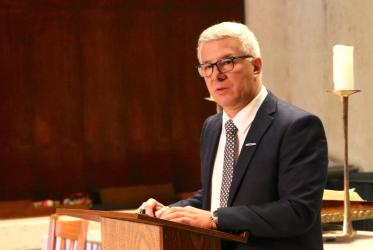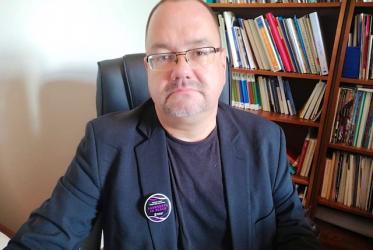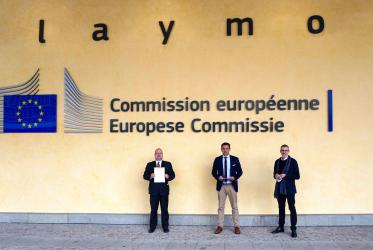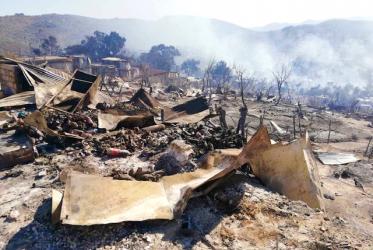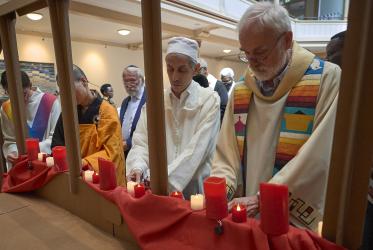Displaying 61 - 80 of 378
23 October 2020
Applications open for WCC Eco-School
22 October 2020
Ecumenical statement on migration received by European Commission
25 September 2020
Tax justice can renew biblical covenants
16 September 2020
Interfaith conference will explore role of faith in HIV response
03 September 2020
GEM School panel calls for prophetic action
20 August 2020




